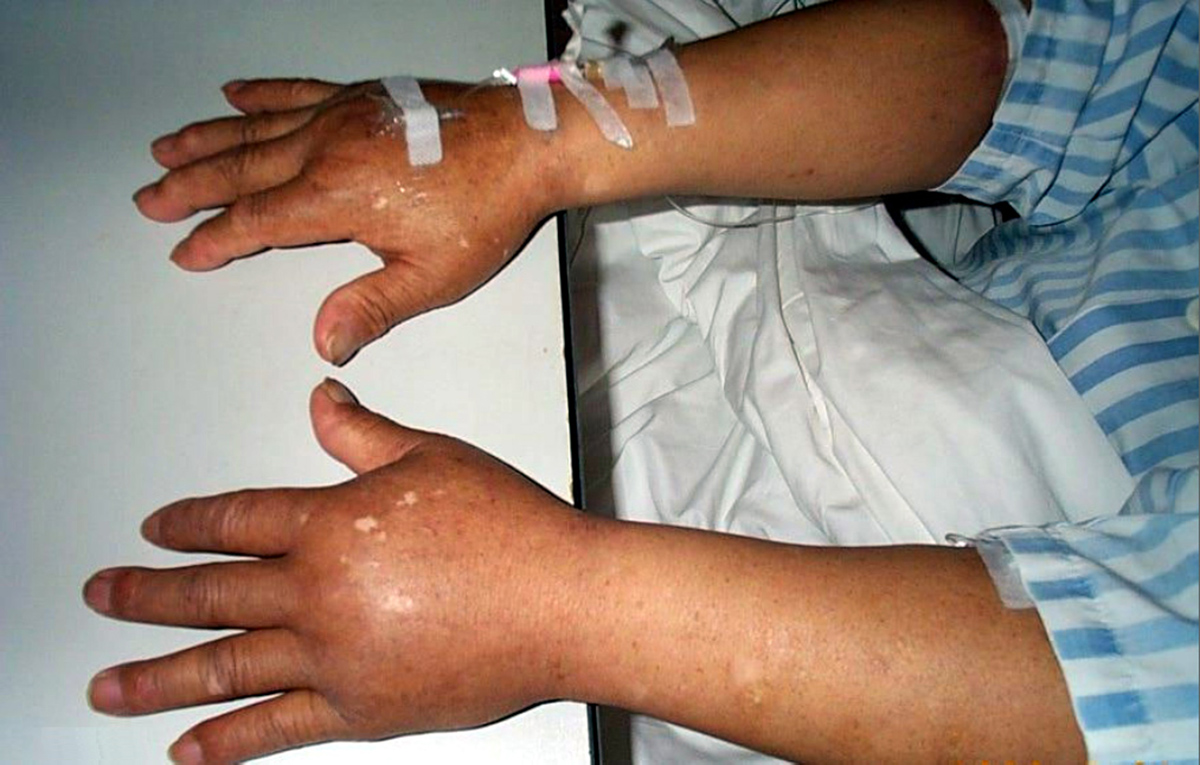
Severe edema most often indicates the some underlying medical condition that is usually serious like heart disease or liver disease.
What is Edema?
Edema, or oedema is a swelling caused by accumulation of fluids in the body tissues. It most commonly occurs in the feet, legs, ankles, hands, heart and brain. Sometimes, edema may occur in several parts of the body. Early symptom of the condition is weight gain, but when edema becomes severe, more than fifteen percent of excess fluids in the body are present and swelling of the affected part of the body becomes noticeable.
Causes of Severe Edema
Edema occurs due to leakage of fluid from the tiny blood vessels (capillaries) into the surrounding tissue. This may be caused by various reasons.
Water Imbalance in the BodyThe body weight consists of sixty percent of water. In the body, regular exchange of water between the blood and the tissues is done via capillaries. Kidneys also sustain water balance in the body. However, problems with either kidneys or capillaries result in water imbalance that leads to water retention and edema.
Diet
Inadequate diet can also cause severe edema. Water retention is particularly caused by lack of protein in the diet.
Medications
Use of certain chemotherapeutic drugs can lead to accumulation of salt and fluids in the body. They include steroids, bexarotene, liposomal cytarabine and aldesleukin. Edema can sometimes also occur due to intake of non-steroidal anti inflammatory drugs like ibuprofen, Indomethacin and naproxen.
Diseases
Severe edema can be caused by serious diseases such as cancer, liver cirrhosis, nephritic syndrome and heart failure.
Treatment of Severe EdemaIn order to manage severe edema, underlying health condition must be treated. Apart from that, severe edema can be reduced with certain measures. That includes use of diuretics to eliminate excess water and salt from the body. Severe edema is treated with clinical loop diuretics like butethamine and Torsemide. If a patient affected with severe edema doesn’t respond to treatment with these diuretics, than they are combined with thiazide type diuretics like jydrochlorothiazide or metalozone. While taking these diuretics, the patient must increase intake of potassium in the diet since they can lead to potassium deficiency. Rich sources of potassium are bananas, tomatoes and potatoes. An alternative treatment includes potassium sparing diuretics like triamterene that doesn’t affect the potassium levels but eliminate excess fluid in the body. The condition can be also relieved with salt reduction intake to decrease fluid retention. A person with severe edema must protect affected parts of the body from injuries, pressure and temperature extremes. Additionally, it is advised to elevate the swollen body part above the level of the heart, wear compression stockings, sleeves or gloves, take plenty of rest and eat a healthy diet.




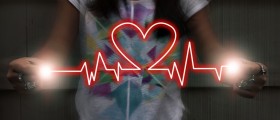


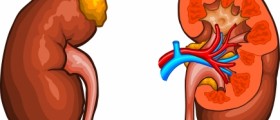
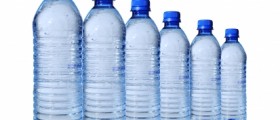



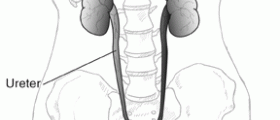




Your thoughts on this
Loading...